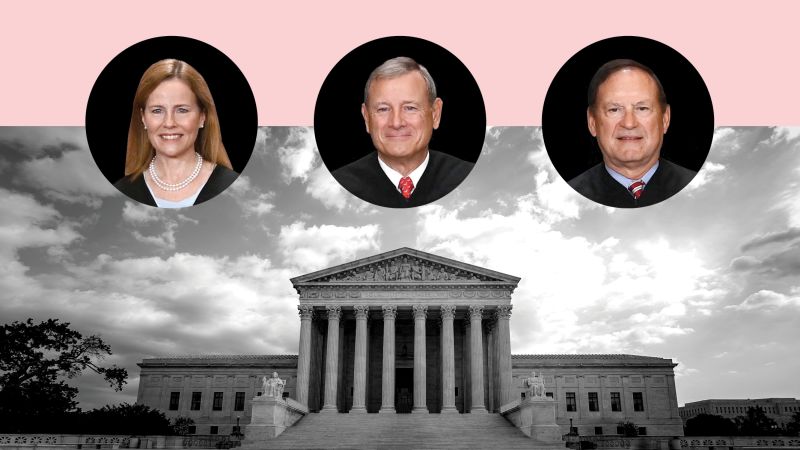The US Supreme Court is a powerful institution that impacts the lives of Americans but maintains secrecy about how decisions are reached. Polls indicate that most Americans view the justices as having ideological influences, rather than providing a fair and impartial check on the other branches of government. Calls for a binding code of ethics have been rejected by the justices, although President Joe Biden has joined calls for reforming the court, proposing term limits for the justices who currently have lifetime appointments.
Veteran court reporter Joan Biskupic has written extensively about the judiciary and recently published a three-story series exploring behind-the-scenes details of consequential cases involving presidential immunity, abortion rights, and freedom of speech. She discussed the series, as well as other issues, in an email interview. Biskupic has focused her reporting on Chief Justice John Roberts, Justice Amy Coney Barrett, and Justice Samuel Alito this year. She aims to uncover new information about the private moves of the justices and piece together the secretive nature of the court.
Biskupic acknowledges that Justice Barrett has played a decisive role in major cases she explored, such as abortion and social media rights. She wonders if Barrett could become the court’s swing vote as she continues to navigate her relatively new tenure. The Roberts story reveals his abandonment of his typical institutionalist approach to grant presidents broad new immunity. Despite secretly recorded audio suggesting Roberts views the current political upheaval as not unprecedented in US history, he likely attempts to look beyond Trump’s influence on cases.
The court has shifted rightward on many issues, raising questions about perceptions of the court’s alignment with the country. Some wonder if the conservative justices are aware of this perception or view each case independently. Biskupic believes that most justices care about the court’s public image, but the majority likely does not see the court as out of step with the country. Biden’s endorsement of term limits and an enforceable ethics code faces resistance from the justices, who have seen similar proposals fade over the years.
In terms of potential retirements based on election outcomes, Biskupic suggests that Justices Clarence Thomas and Alito might retire if Trump wins, while Justice Sonia Sotomayor could consider retirement under a Harris presidency. The current court lacks the deep friendship shared by Justices Ginsburg and Scalia, although most justices maintain a surface level of friendliness. However, towards the end of the session, there were signs of increasing disdain or lack of listening among the justices, indicating potential fractures within the institution.













